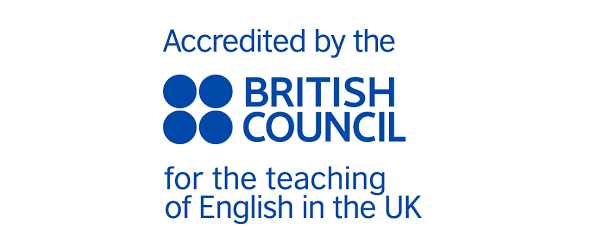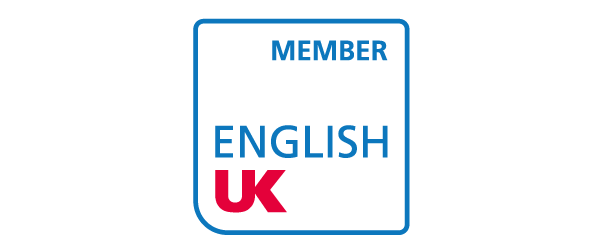This module will familiarise you with principles and practice of current approaches and methods in teaching English for Academic Purposes. You will look at the development of EAP within the wider field of English for Specific Purposes. Needs analysis is a vital component of the course: understanding the range of needs that students have when studying at Higher Education level and the key components that may be required in a particular context.
You will look at the key principles in EAP course design as well as cross-cultural and intercultural issues in EAP. As part of this course you will examine the requirements of the most commonly accepted examinations for entry to tertiary level education and create tools for formative and summative progress assessment.
This module carries 30 credits.
" The NILE EAP course was delivered in a clear-cut and straightforward way, was directly related to practical applications in my work, and was rich with relevant insight from scholars in the field. No fluff, just effective learning and extensive interaction with brilliant classmates and tutors. "
Is this course for you?
13 January - 19 March 2025
22 April - 25 June 2025
15 September - 19 November 2025
Postgraduate Certificate, Diploma or MA awarded by University of Chichester
Course content
Assessment (written after completion of the course and supervised at distance by tutors): A portfolio (50%) containing TWO of the following three options
- An evaluation of an EAP coursebook for use with an identified target group.
- A detailed discourse/genre analysis of an EAP text for use with a specified group of learners.
- EAP materials design for three hours of class time for a specified group of learners, plus a critical evaluation of their use in practice.
A main assignment (3,000 words) (50%): the principled design of an EAP course (maximum 4 weeks) for a specified target group.
" The materials selected were useful. There was a good mix of theory and practice. There is an extensive suggested reading list, but excerpts were provided. "
" It was very helpful to gain some perspective from others operating within different teaching contexts and cultures. "
Further Information
Online MA modules are highly interactive and learning takes place through varied and engaging multimedia content and the collaboration between participants from different contexts.
Courses are broken down into individual units and activities, forming a clear structure, and all participants work on the same unit in the same week. Within that time period there is a high level of flexibility to help you fit studying around your life and work. The interaction, via forums and other collaborative tools built into the platform, helps and encourages you to share ideas, ask questions, explore concepts and build up a community.
You need a computer, a headset (with microphone) and an internet connection. Much of the course can be done on a mobile device, but a computer is needed for certain activities and tasks.
Participants have access to NILE's extensive ELT e-library and an innovative social and cultural programme. All NILE Online courses include an element of professional language development, i.e. language related to course content and/or the classroom.
MA Module Leader: Tom Sarney

Tom has over 25 years of experience in working in education. He has worked in a variety of different countries and contexts as a teacher, trainer, teacher educator, materials and course designer, academic manager, and trainer of trainers.
Tom has a passion for learning and education, especially within the areas of tertiary EMI provision and in designing and implementing innovative approaches to teacher development. Tom is also an advocate of evidence-based teaching, and how evidence-based practice can be used to improve teacher efficacy and student learning.
Available dates:
| Course dates | Location | Course length | |
| 15 September - 19 November 2025 | Online | 8 weeks |



